Bluesmen Muddy Waters and Mick Jagger: biography, collaboration, joint performance
Содержание
Collaborations between rock musicians - is not a new phenomenon. The Beatles and Eric Clapton, Queen and David Bowie, Stevie Nicks and Tom Petty. The list goes on and on. However, there are not so many large-scale joint performances, where the iconicity of the performers is striking. One interesting blues collab, the performance of the "father", can be recalled Muddy Waters and "children" The Rolling Stones. Meeting at the Checkerboard Lounge in the early '80s, they showcased a real . generational continuity in the blues.
Muddy Waters and Mick Jagger - two legends from different eras
Muddy Waters is considered the founder of the Chicago school of blues. He can be proudly called the great. He played the guitar virtuoso, had a unique style and vocal manner. Thanks to Waters, blues culture was significantly popularised. Muddy became a major source of inspiration For British rock bands searching for their sound in the world of rock 'n' roll in the late 60s and early 70s. Without Muddy and his Mannish Boy, Hoochie Coochie Man, Got My Mojo Workin' electric blues couldn't get into the minds of young people dreaming of their own band and music career.
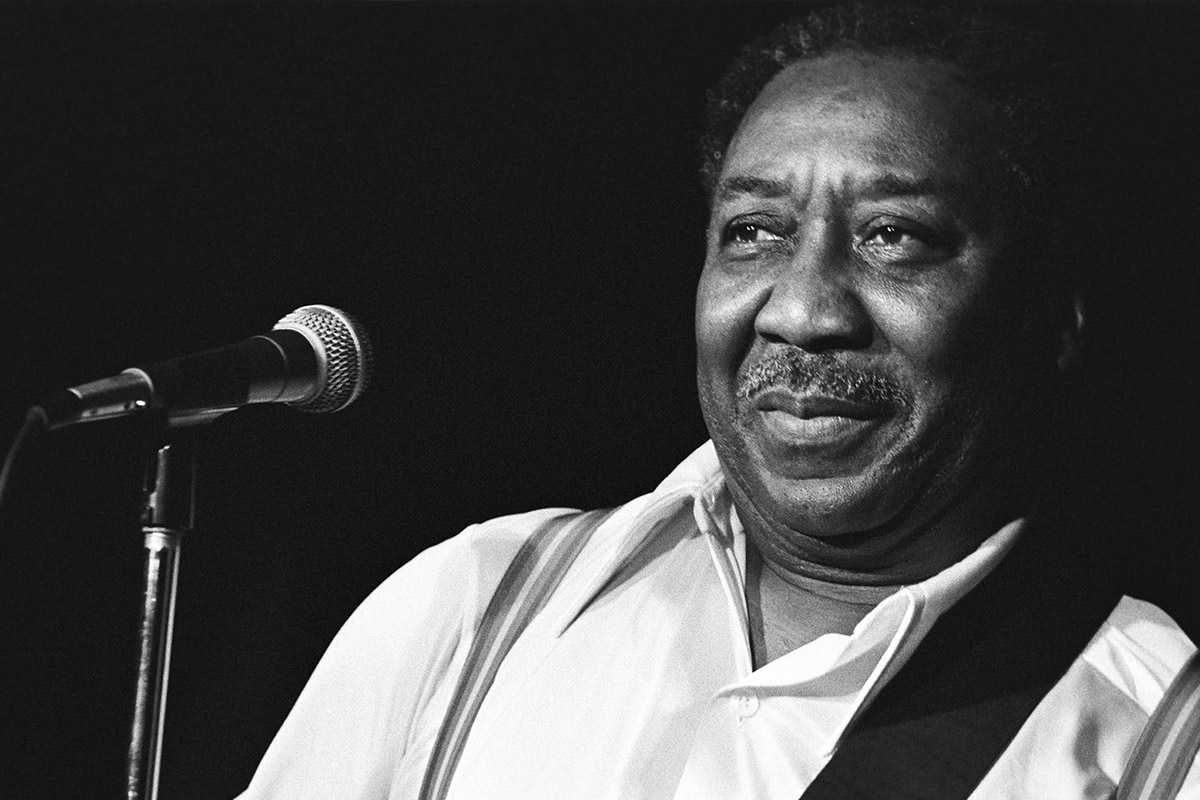
A love of the blues was also shared by a young Briton Mick Jaggerthe creator of one of the world's greatest rock 'n' roll bands - The Rolling Stones. As a child, he and future Stones guitarist. Keith Richards often listened to vinyl records, inspired by Robert Johnson, Buddy Holly, Chuck Berry and, of course, Muddy Waters. The band's well-established name is just as directly related to this bluesman. His song Rollin' Stone was the basis of the collective's name.
It was the founding fathers of the blues who started the formation of the musical style of The Rolling Stones, which, as the band grew and gained popularity, acquired a personality that could not fail to appeal to the British and world public. The Rolling Stones singles (I Can't Get No) Satisfaction, Sympathy for the Devil, Gimme Shelter и Wild Horses are recognised rock masterpieces.
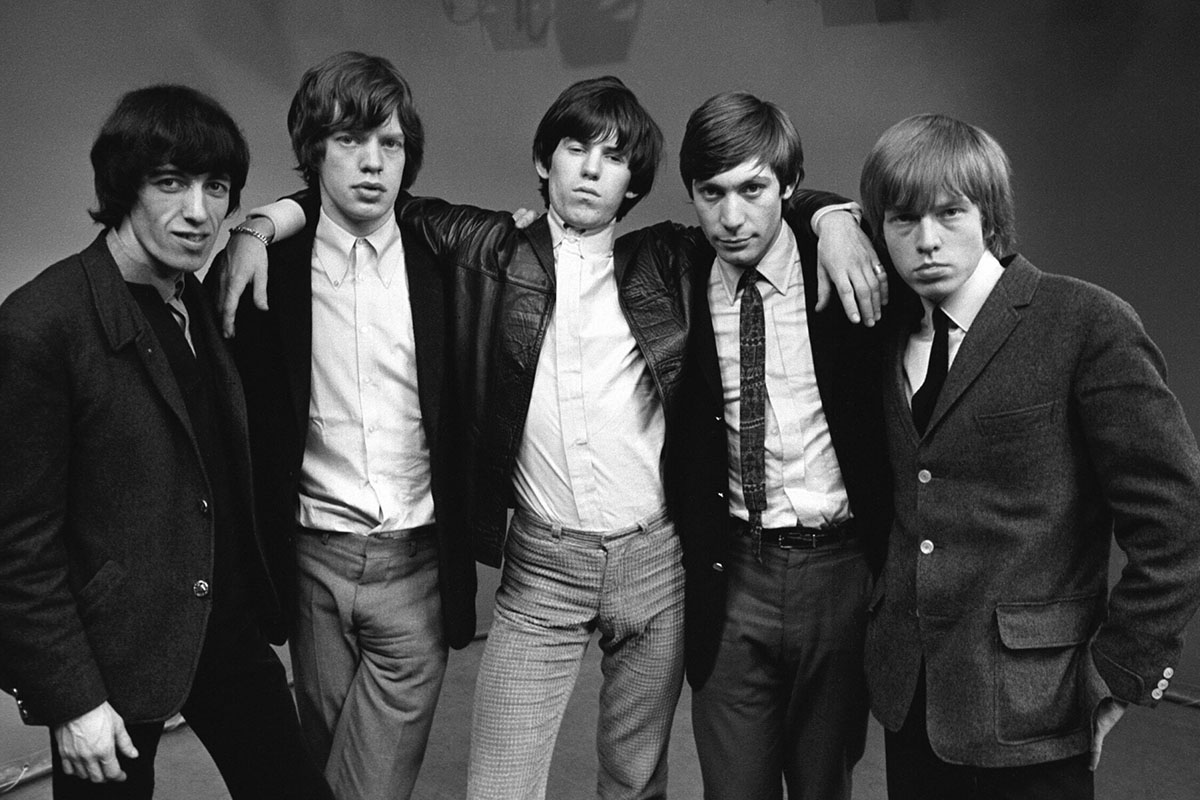
As Alexis Korner, a bluesman who provided concert venues for young musicians, recalled, "Jagger rarely sang more than three songs in a row. The three performers he knew best were Billy Boy Arnold, Chuck Berry and Muddy Waters."
A terrific performance at the Chess Lounge.
At the time of the meeting at the Chicago Blues Club. Checkerboard Lounge, Muddy Waters was a musician included in Blues Hall of Fame. He made a name for himself as a blues legend, an American icon admired around the world. In the late '70s and early '80s, Muddy was already graduated your fabulous career: in 1976 he played his last live tour with his band and released a couple more albums, which failed to achieve the same commercial success as the previous ones.
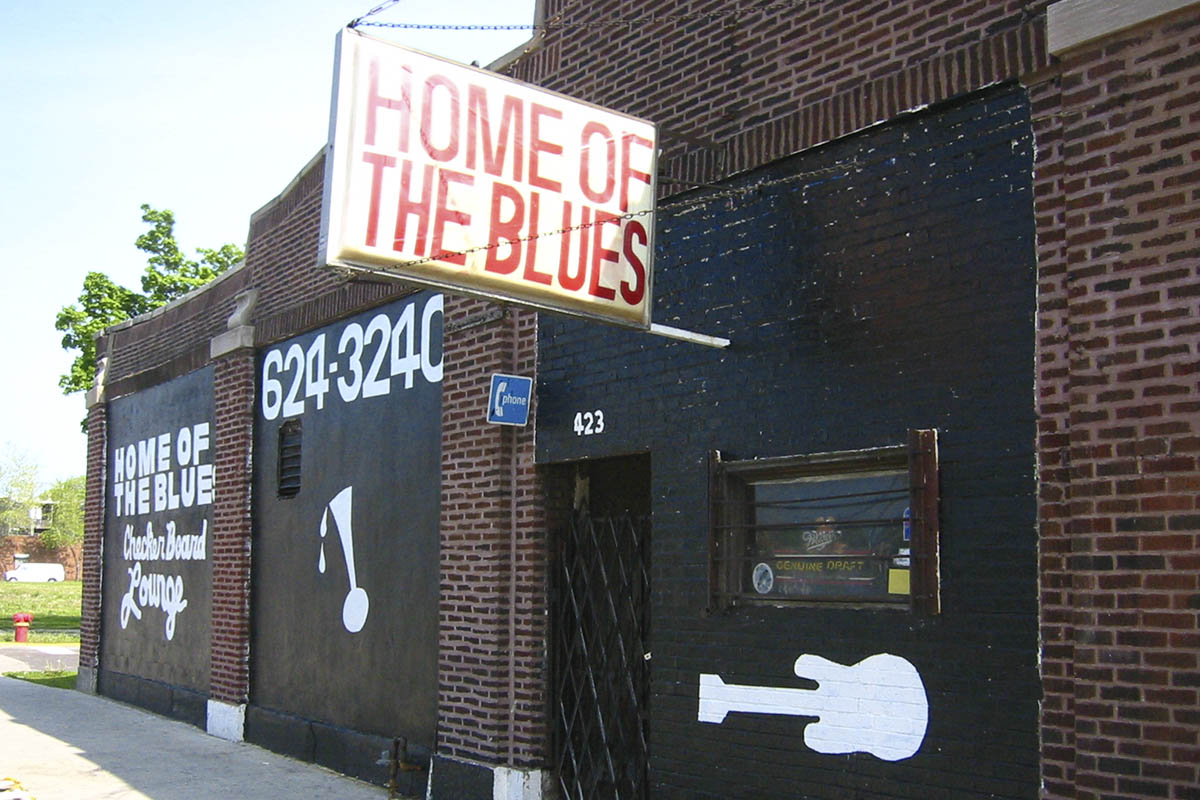
The Rolling Stones at the end of the 70s were really "floundering": there were litigations with Keith Richard, and not quite successful albums. A reboot was needed, and that was signalled by the album Tattoo Youreleased in 1981. It received many favourable reviews and reached the top of the American album chart Billboard 200.
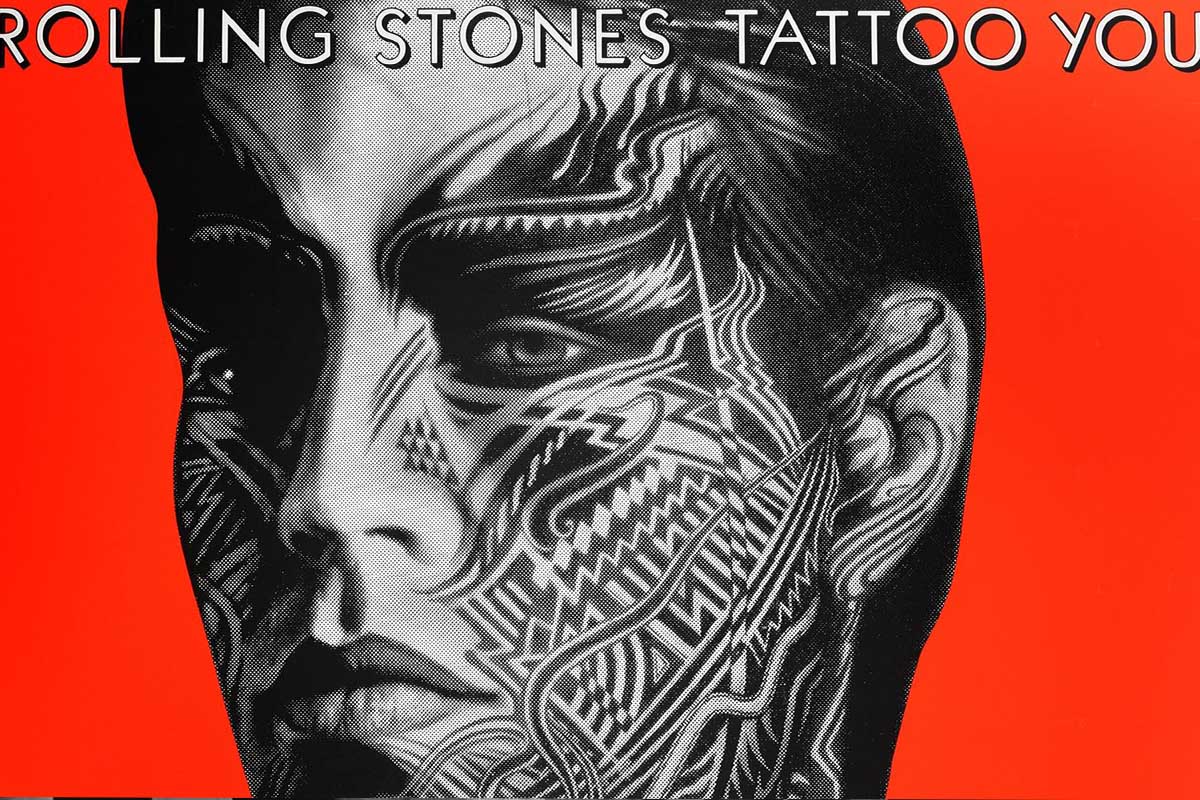
"The Rolling Stones." had the opportunity to meet their idol in person by coincidence. At the time, they were on a tour of America.
The New York Times wrote: "We expect this tour to be the most lucrative in rock 'n' roll history. Its scale is staggering and the demand for tickets is in the millions..."
The commercial success of this tour was not possible without a visit to the Checkerboard Loungefounded in 1972 by another blues legend. Buddy Ghaem. Concert album Live At Checkerboard Lounge was released in the same '80s.
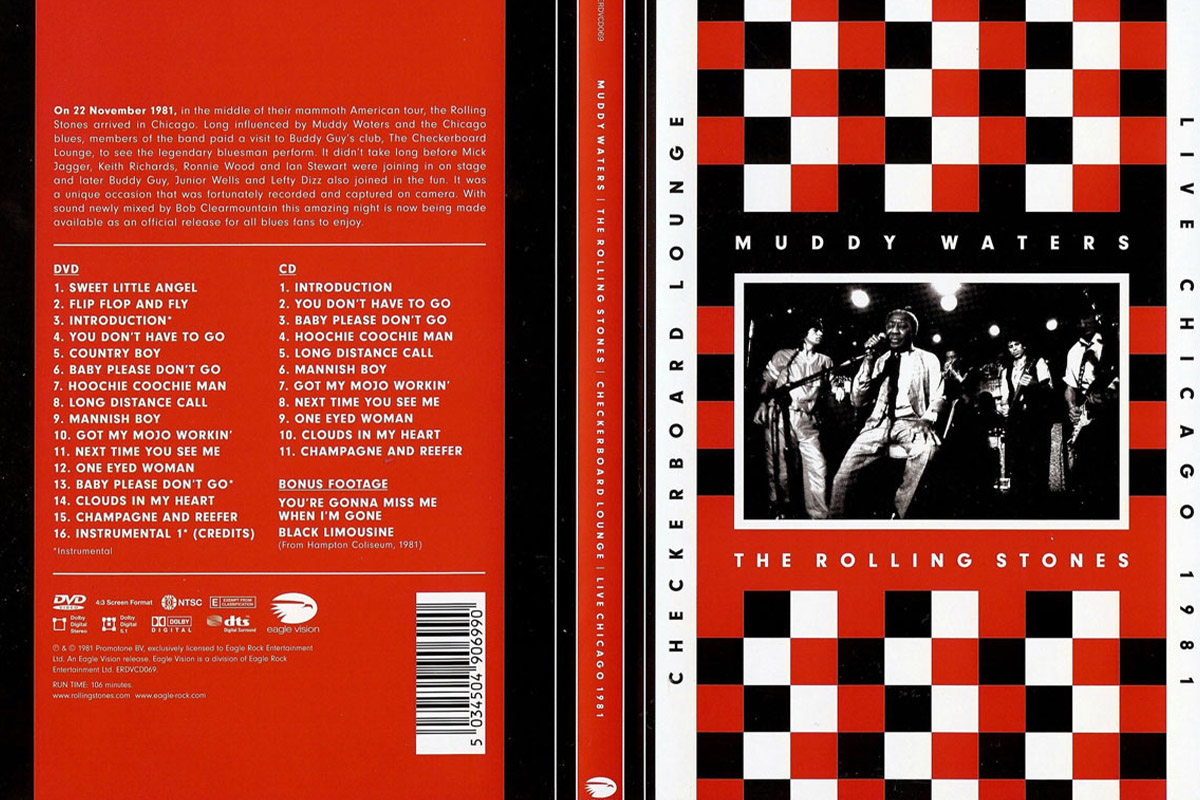
Along with Muddy Waters, the 38-year-old Jagger and his crew set up the real sensation for blues fans, performing hits by a variety of musicians: B.B. King's Sweet Little Angel, Waters' Long Distance Call, Junior Parker's Next Time You See Me and more.
"Imagine you really want to be a blues guitarist. You have already learnt something, you feel confident with the instrument. And suddenly you realise you're standing on stage, trying to play something, and Muddy Waters is sitting next to you. Everything happens so fast, you don't even realise what's going on. To cover Muddy Waters is one thing, but to play on stage with the legend is quite another...", - told about the performance in Checkerboard Lounge Keith Richards.
Blues classic "Baby, Please Don't Go" and top covers
The sixth song on the list of the Rolling Stones' live album, recorded in Chicago, is the track Baby, Please Don't Go. This song is a recognised blues standard. It was popularised by the delta blues musician Big Joe Williams in 1935. This ensemble piece is one of the most performed compositions worldwide, so it is not surprising that the number of arrangements и covers unimaginable. Rock and Roll Hall of Fame even included Williams' original performance in a list of "500 songs that shaped rock 'n' roll."
Baby, Please Don't Go has withstood all musical experiments of the time: in the 60's it became a popular rock song after the band recorded a cover of it. Themfollowed by versions of hard rock bands. AC/DC и Aerosmith. The composition became an indispensable part of the concert repertoire of these ensembles.



